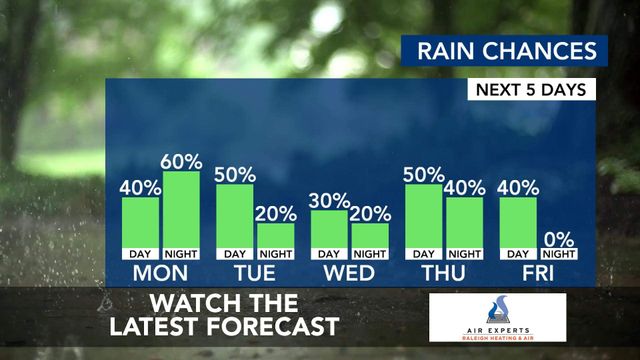State lawmakers say schools shouldn't have to offer loans

Raleigh, N.C. – House lawmakers voted Tuesday to approve a measure that lets community colleges decide whether to offer low-cost direct federal loans, known as Ford Loans, to students.
House Bill 7 reverses a measure passed in 2010 that required schools to offer the loans, setting aside money to pay for financial aid counselors to help students get and manage them.
Not all schools want to offer Ford loans. Some officials say they're too easy to get, and they're concerned the schools could ultimately be held accountable for students who default on them. Other school officials say there’s not enough demand for the loans, which carry some of the lowest interest rates available anywhere. They say other types of student aid, like Pell Grants, can cover students’ needs.
Rep. Dan Ingle, R-Alamance, who sponsored the bill, says officials at his local community college don’t want the direct loan program, and they have a lot of company.
“When you have 38 out of the 58 community colleges saying, ‘We don’t want to participate in this program,’ they should have that choice,” Ingle said.
Rep. George Cleveland, R-Onslow, went even further, calling the requirement an “infringement on community colleges.” Rep. Nelson Dollar, R-Wake, noted that the measure doesn’t force community colleges to drop the loan program – it just gives them that option.
Rep. Ray Rapp, D-Madison, warned the measure would deny access to affordable student loans for about 177,000 community college students in North Carolina. He argued that high school students and unemployed adults face “staggering” odds against getting a bank loan for school.
“They’re putting it on their credit cards – their credit cards – at 15 percent to 20 percent interest rates, some higher,” Rapp said.
Rep. Alma Adams, D-Guilford, said it would hurt jobless students coming back to school to learn new skills.
"We continue to talk about bringing jobs to North Carolina, attracting employers,” Adams said. “If we’re real serious about that, then we have to be concerned about a skilled work force.”
Rep. Deborah Ross, D-Wake, said the only people who will benefit from the bill are “loan sharks, payday lenders – all the folks who’re going to get the business of the people who can’t get lower rate loans in a respectable way.”
Rep. Angela Bryant, D-Nash, wondered aloud if the push for the bill came from banks trying to get rid of government competition.
Republicans say it's a matter of local control, and schools who want to keep the loans can do so. The bill would let each school’s trustees decide whether to offer the loans.
Rep. Frank Iler, R-Brunswick, is on the Board of Trustees at Brunswick Community College. He said his school is “fortunate” to have strong development and fundraising efforts, but other schools may not.
"We should trust them to know what’s best for their particular students, their particular campus,” Iler said. “If anyone came to us and said we really need this, I guarantee you we’d be voting for it.”
The measure passed on a mostly party-line vote, with two Democrats joining Republicans in support of it. It now moves on to the Senate, where an identical bill is already being debated.









